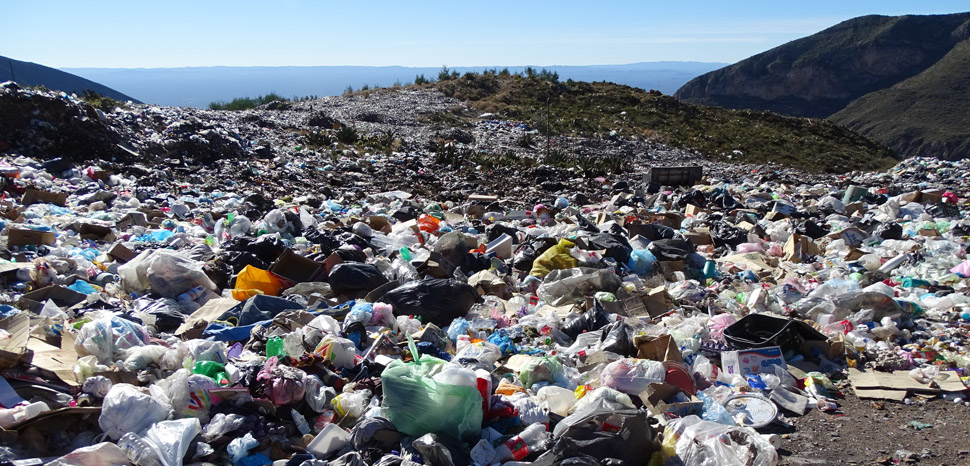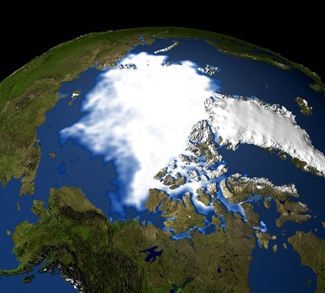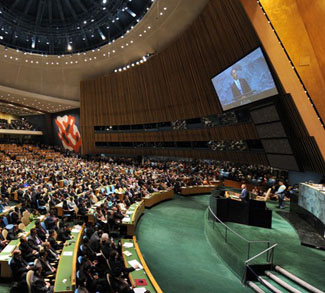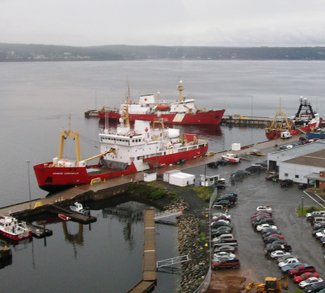A few years ago, I spent an enchanting weekend in Siam Reap, Cambodia. Most of my trip was packed with luxury and adventure: relaxing in a spa filled with scents of flowers and lemongrass, sleeping in and eating decadent breakfasts at a glitzy hotel, exploring the ruins of ancient temples straight from the scenes of “Tomb Raider,” and racing ATVs in open paddies. But in the corners of the city, especially along roads and in villages less traveled by Western tourists, another side of Cambodia emerged – and it was much less picturesque. Heaps of discarded plastic and other types of solid waste littered the landscape, underlining the undeniable fact that many cities in Cambodia were, and still are, struggling with a massive waste management problem.
Now, on top of Cambodia’s own vast sea of garbage, a troubling trend in global waste disposal is threatening to create a tsunami. On July 16, 83 shipping containers filled with 1,600 tons of plastic waste were discovered at Cambodia’s main port in Sihanoukville. Cambodian officials were displeased, to say the least. Announcing that seventy of the containers were filled with waste from the United States while the other thirteen containers came from Canada, authorities vowed to send the waste back. A spokesman from Cambodia’s environmental ministry said that Cambodia should not be treated as a “dustbin” by foreign nations.
This latest incident in the intensifying global recycling crisis was preventable. Cambodia has been clear in the past about the fact that it does not allow for foreign waste shipments. In fact, in early July, Cambodian Prime Minister Hun Sen said in a public statement that Cambodia rejects imports of plastic and other recyclable materials. Despite this fact, deficiencies in international coordination surrounding global waste disposal allowed this massive shipment of waste to arrive on Sihanoukville’s shores.
In order to understand how this incident could have been averted, it is important to discuss how so much trash from Western countries got all the way to Cambodia in the first place. A Cambodian government investigation determined that a Chinese-owned company with local Cambodian shareholders imported the large shipment of plastic trash. But how did Western trash end up in the custody of this company?
It turns out that there is a market for Western trash in developing nations. As noted in a recent Business Insider piece, “It is difficult to track exactly how the global waste trade works. But, broadly, Western companies are prepared to pay to dispose of trash, and companies in poorer nations have been accepting the contracts.” Some sources estimate that richer countries have been sending their waste products to poorer countries, especially those in the Asia-Pacific, for more than 25 years.
Until recently, most of this foreign waste was shipped to and processed in China. However, in 2018, China decided to stop allowing foreign imports of recyclable goods. After this decision, a number of companies in Southeast Asian countries, including some companies that relocated from China in order to stay open, scrambled to gain an edge in the trash market. The rush to accommodate increased garbage loads, as well as problematic practices such as the establishment of illegal operations, shipping of mislabeled containers, and unauthorized, toxic incineration techniques quickly led to major headaches for these Southeast Asian governments.
Now, many of these countries are pushing back on waste imports. Earlier this year, both the Philippines and Malaysia made bold moves by redirecting containers of trash back to the Western countries from whence they came, leading diplomatic sparks to fly in the process. Several nations, including Malaysia, Vietnam, Indonesia, and Thailand, have implemented measures to limit or restrict future imports of plastics and other waste.
The good news is that the international community has recently taken steps to make it harder for companies to ship plastic recycling waste to developing nations where governments are unwilling to accept it. In May, 180 countries agreed to amend the Basel Convention, which sets rules for transboundary movements of hazardous waste products. The new amendment requires that companies get consent from destination countries before they export plastic waste products.
Unfortunately, there’s also some bad news. First, despite being the largest single-country plastic waste producer in the world, the United States is not a party to the Basel Convention. The May 2019 amendment will still restrict the US from shipping plastic waste to Basel Convention parties as long as they have ratified the “Basel Ban,” the particular provision of the Basel Convention that protects developing nations from waste product imports that come from more developed nations. However, it will not impact trash flows to the Philippines and Vietnam, two countries already affected by this crisis that have not ratified the Basel Ban. Moreover, there may be other loopholes for the US. For example, if the US were to create bilateral agreements outside of the Basel framework, waste shipments would not be beholden to the same standards.
In addition, the amendment doesn’t come into force until January 2021. This leave ample time for greater accumulation of trash in countries that do not want it.
So what can be done to limit the flow of waste southeast? It would be nice to think that the US might ratify the Basel Convention in the future. However, given that the Trump administration has balked at the requirements for global cooperation on environmental standards in the Paris Agreement and shifted blame for the global trash crisis to other countries, it’s safe to say that won’t happen any time soon. In fact, ratification would have been unlikely under any US president. Despite support for the Basel Convention from both Republican and Democratic administrations since 1989, the US has never ratified the Convention: a result of the increasing difficulty of passing treaty ratification through a hyper-partisan Congress in recent years.
Nevertheless, the US has often taken outside actions to live up to the spirit of international treaties it has not ratified. Domestic action on US waste exports can be implemented without Basel ratification. Congress should follow Canada’s example and create legislation to require foreign permission for hazardous waste material exports originating from the United States. Furthermore, private businesses committed to ethical global engagement can lead the way on this initiative, holding themselves to this higher standard of destination country agreement even without a formal legal requirement.
I never expected that my travel through the beautiful cities and villages of Southeast Asia would be marred by refuse shipped from my own home country thousands of miles away. These nations should not have to deal with our waste, especially when host governments do not want these Western “gifts” and are already struggling with their own waste management products.
The US can and should do more to prevent unwanted waste exports. Arguments that shift the blame to these developing countries or seek to uphold the status quo are – frankly put – garbage.
The opinions, beliefs, and viewpoints expressed by the authors are theirs alone and don’t reflect any official position of Geopoliticalmonitor.com.




